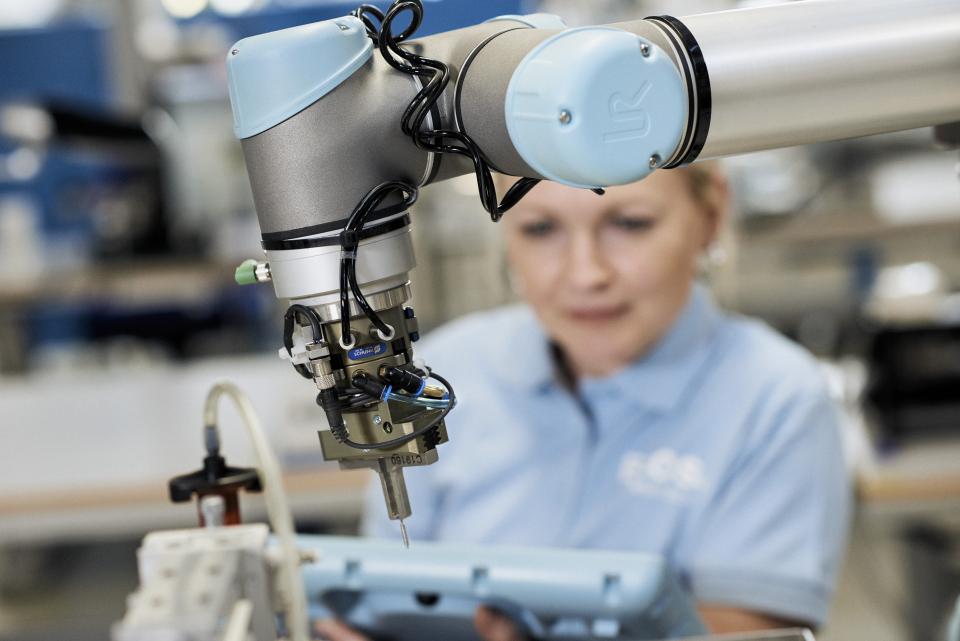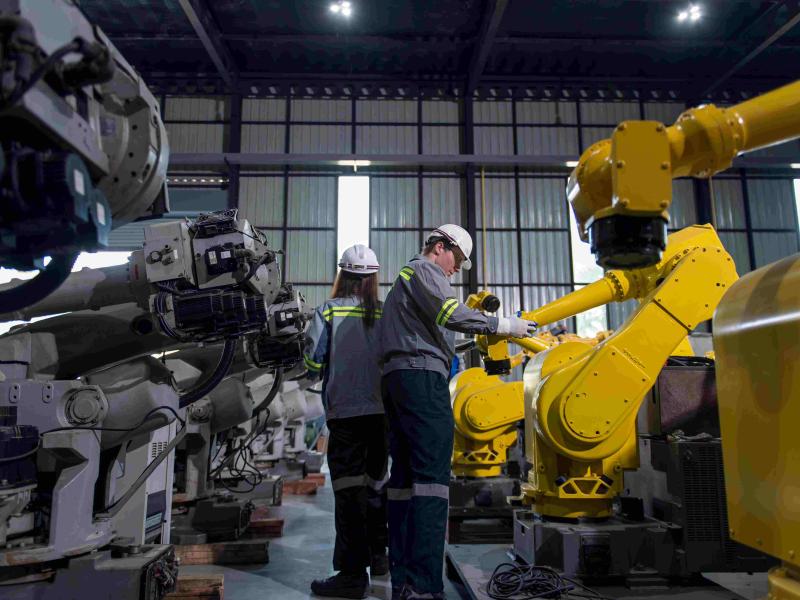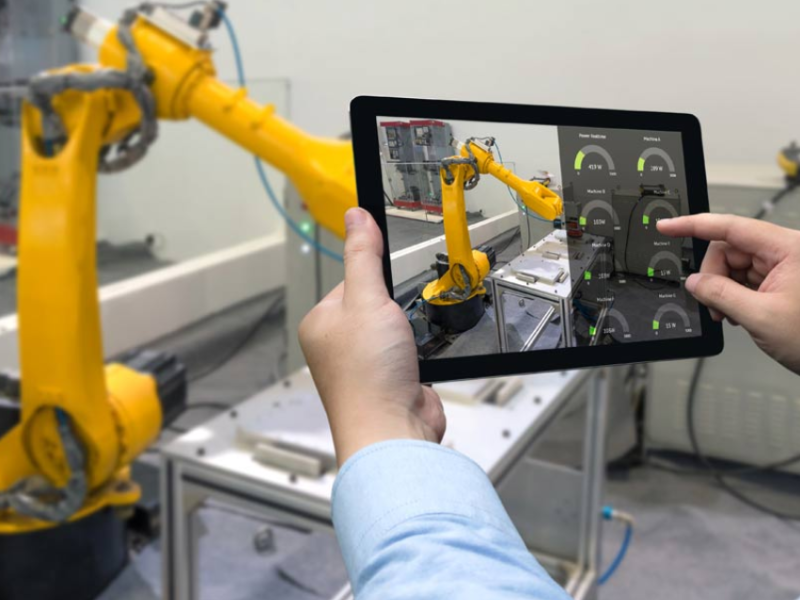Rising energy costs in New Zealand are putting major pressure on both businesses and households. Customers of major power suppliers Genesis and Contact Energy are experiencing increases of 11% per month.
For manufacturers running plants most of the day and in some cases, 24/7, the effects of double-digit electricity hikes cannot be ignored. As Masayuki (Masa) Mase, Country Manager for Universal Robots Oceania explains: “The rising cost of electricity is not unique to our region. Around the world, manufacturers are experiencing the same issue and it’s putting major pressure on production costs and ultimately, on the bottom line.”
Competing in a highly pressurised environment comes down to three factors: cost, quality and efficiencies. “Manufacturers are forced to scrutinise their processes in order to remain competitive.”
Cobots use as much power as a household appliance
When it comes to analysing energy consumption on the factory floor, Masa says that “while industrial robots require a lot of electricity to run, collaborative robots (or cobots) require very little.” In fact, they generally use as much power as a typical household appliance.
“When comparing traditional industrial robots to cobots, physical size is an obvious difference. Cobots are designed to work alongside humans, and for that reason, they are much smaller and lighter than traditional robots. As a result, our cobots use less electricity than traditional industrial robots, which usually makes use of three phase power.”
Masa continues: “In fact, cobots are available in a Direct Current (DC) version that does not need to be plugged into an outlet. These simple solutions can be used in the home and can even be powered by batteries.”
Masa explains that most of the power consumed by cobots is to hold themselves up during operation. “The UR3e in our range only requires 100W of power on average – the same amount of power required to use a desktop computer”. The UR5e uses approximately 200W – the same amount of power as a gaming console - while the UR10e and UR16e (with payloads of 10 and 16kg respectively) consume 350W – the same amount of power as a basic household blender. Finally, Universal Robots’ newest addition, the UR20, can carry a payload of 20 kilos using 500W - the same amount of power as the most efficient washing machines on the market.
Optimising output without energy wastage
Cobots from Universal Robots are optimised to be more energy efficient. “Still, when creating a new program for a cobot, it is worth considering how fast the robot accelerates. We advise that users only program it to go as fast as it needs to go,” advises Masa.
The UR+ ecosystem offers a wide range of remote monitoring solutions, allowing users to optimise how their cobots perform from an off-site location. “Even though cobots consume little power, a simple “on and off” button can be programmed for longer periods when the cobots are not in use. During nights when cobots work alone, production halls need not use electricity for lighting or heating,” he says.
Looking ahead, Masa concludes saying quality, labour shortages and rising energy prices will continue to drive demand for cobots in the short-term. “The industry is enjoying great momentum since the onset of the COVID-19 pandemic, and this is expected to continue as more manufacturers make the move towards automation.”
Universal Robots
New Zealand
800 555 214
For more information, please visit www.universal-robots.com






